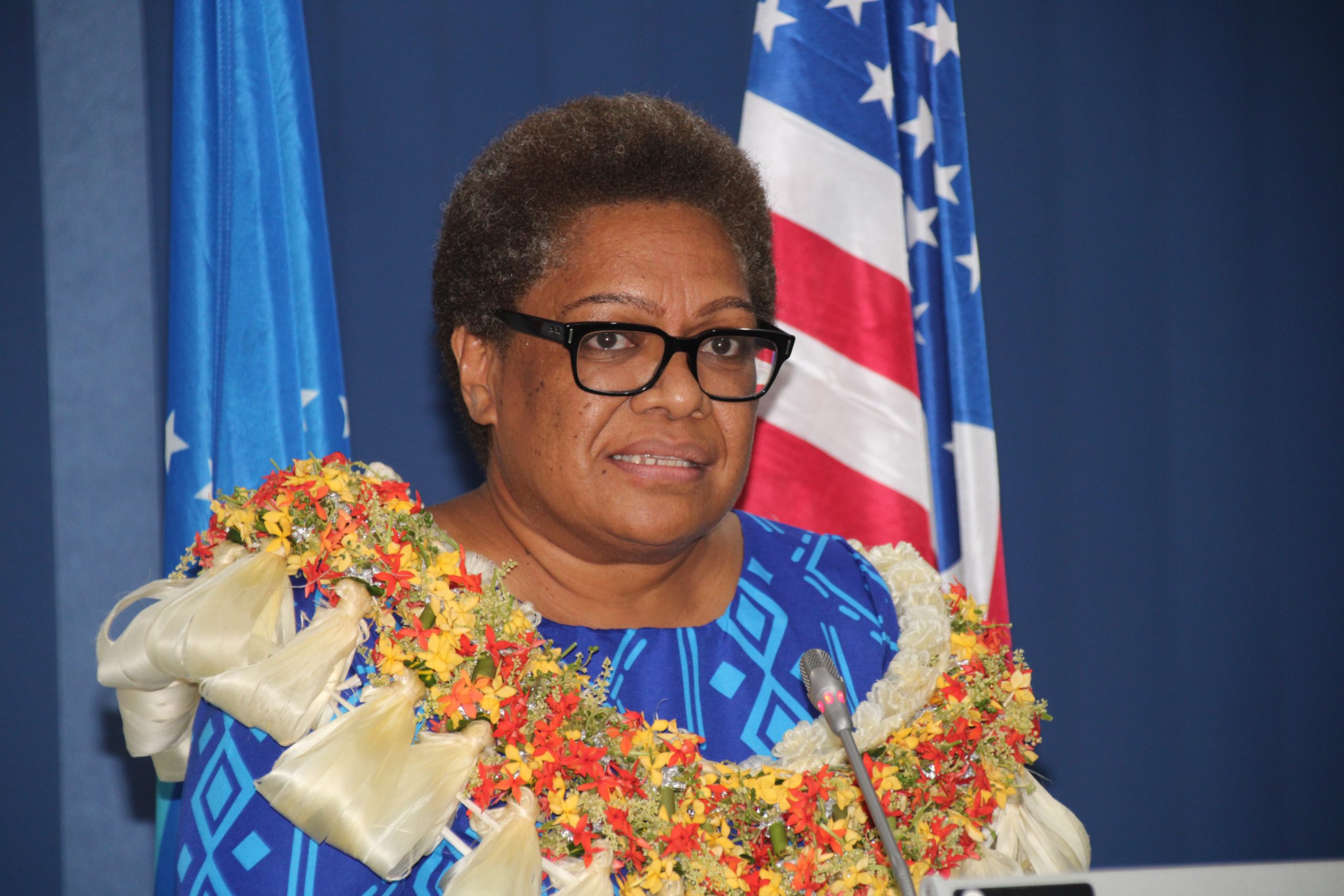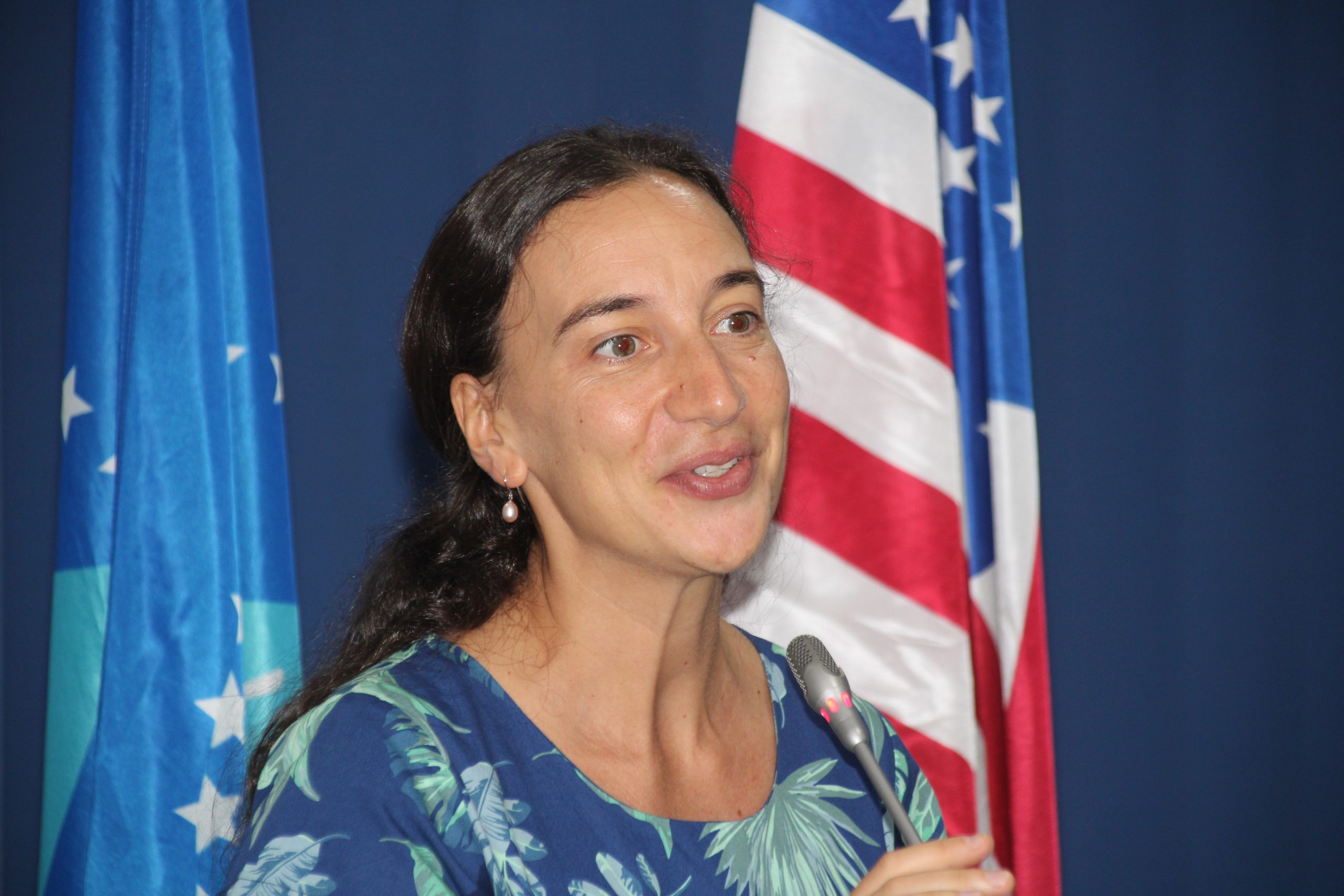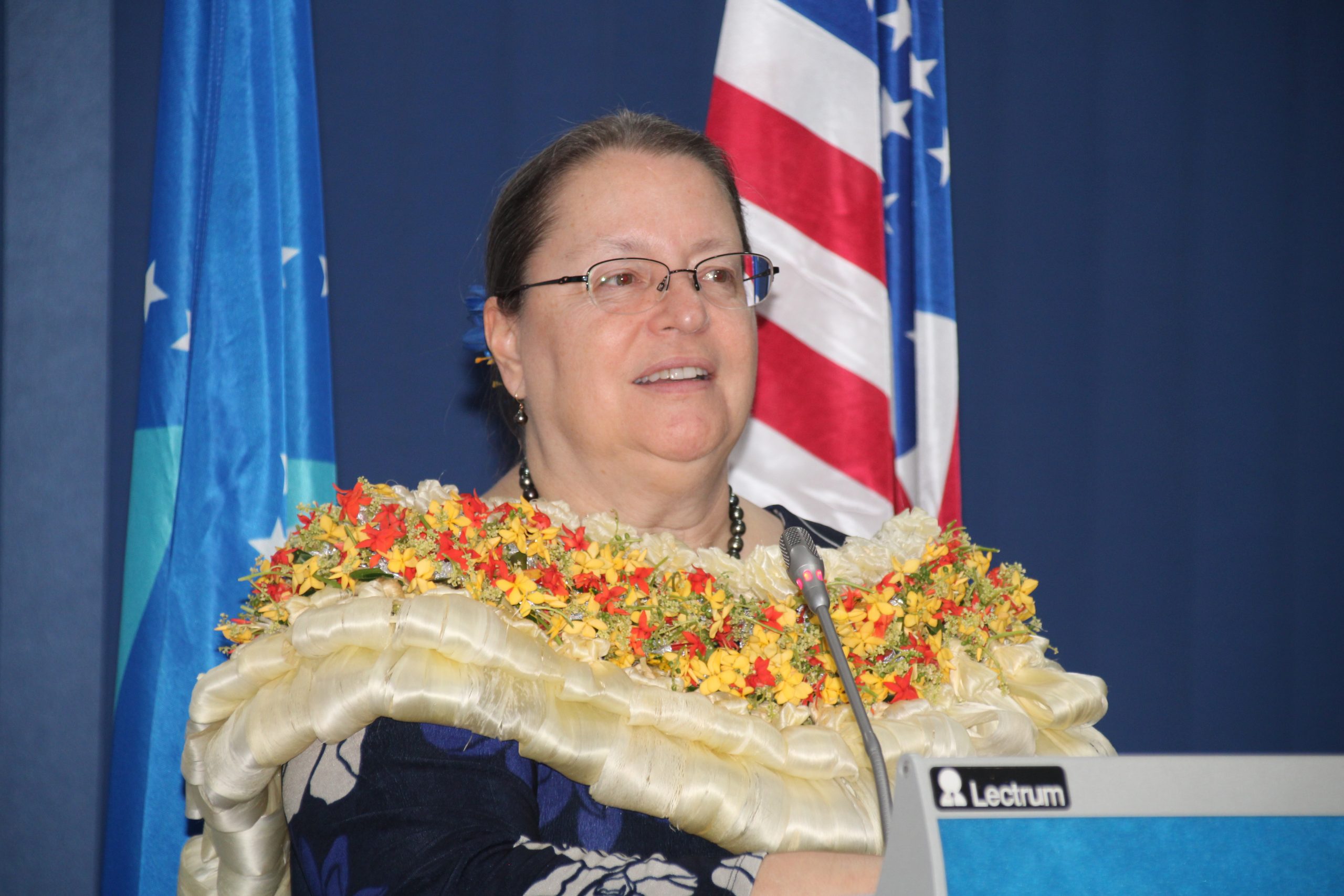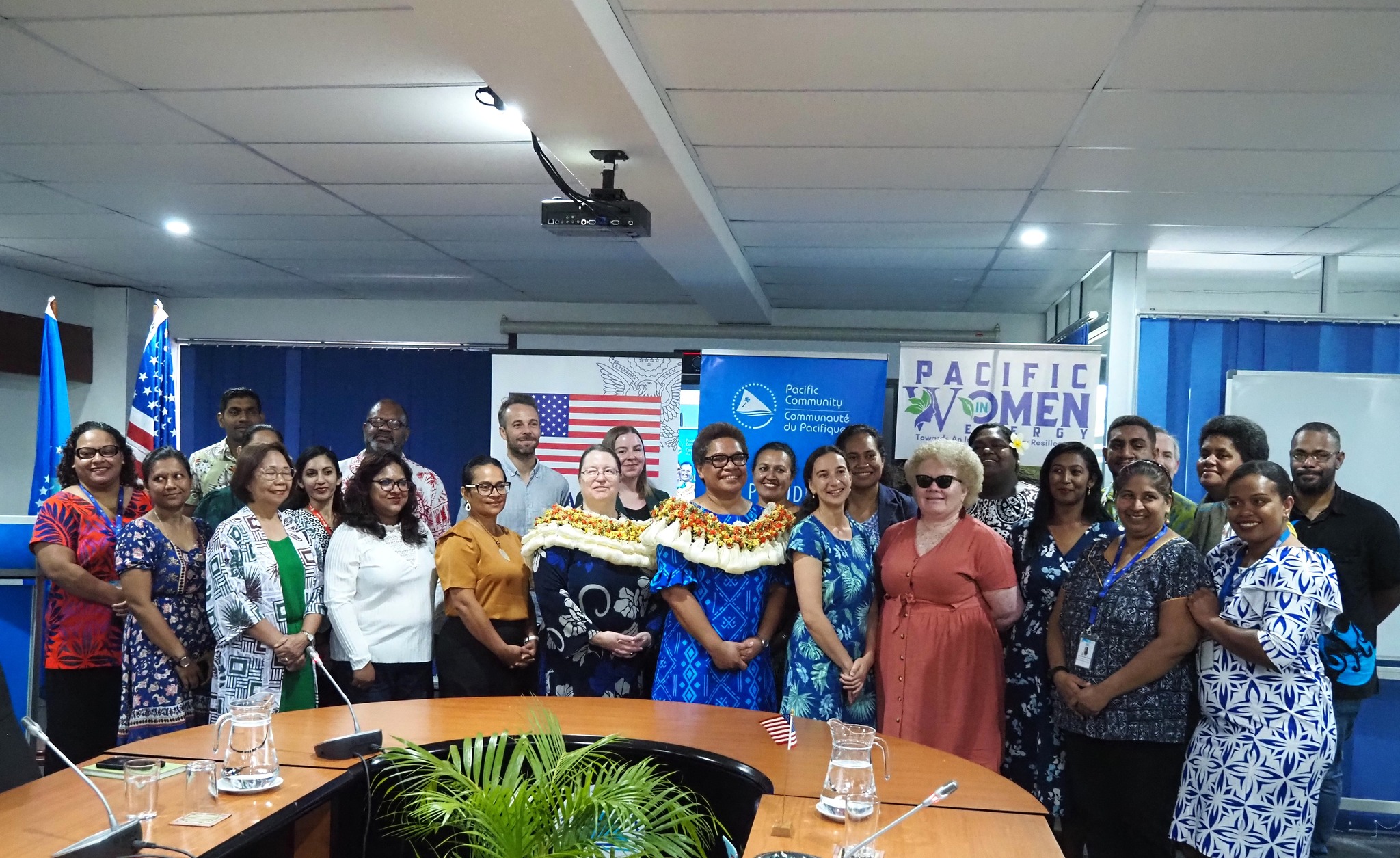The Pacific Community (SPC) has unveiled its Pacific Energy and Gender Initiative (PEGI) project aimed at empowering women and girls in the Pacific region to actively participate in clean energy projects.
During the kick-off meeting on Wednesday, Mereseini Rakuita, the Pacific Community’s Principal Strategic Lead for Pacific Women and Girls highlighted the significance of including women and girls in energy projects.
“While women and girls have always been the main users of energy within our homes, they have historically not proactively been included in energy projects, neither as users of energy, decision-makers, as electricians or as small business owners,” Rakuita said.
“If we are to create a socially inclusive and energy secure future for our Pacific region, women and girls must be front and centre of this efforts.”
She highlighted the critical opportunity presented by the transition to a low-carbon future.
“It provides a new path to elevate women and girls, young traditional gender roles, to new heights in the fields of science, technology, engineering and business.
Rakuita stressed that the involvement of women and girls is crucial for creating a socially inclusive and energy-secure future for the region.
“If women and girls are given the opportunity, they can harness clean and renewable energy technologies to improve the living standards of their communities.”

She highlighted the importance of gender equality to Pacific developmental aspirations, stating, “This is why gender equality is one of the four flagships standing alongside oceans, food systems, and climate change.”
“We have long recognised the importance of integrating gender equality into clean energy and championing women’s leadership.”
Florence Ventura, Acting Deputy Director of Georesources and Energy Programme, GEM, SPC underscored the underrepresentation of women and girls in technical roles in the energy sector. She stressed the need for increased access to clean energy, particularly in households across the Pacific region.
“In the Pacific, 64 percent of people in the Pacific still lack access to clean energy and the clean cooking access rate is even below that. For instance, just nine percent of households in the Solomon Islands have access to grid electricity and 35 percent of households in Samoa have access to clean cooking technology.
“Both electricity access rates and clean cooking rates are improving but much more needs to be done if we want to reach the Sustainable Development Goal (SDG) Seven target,” she said.

In 2022, research found that one out of a total of 26 Ministers working in an area related to energy in the Pacific was woman. In 2023 the World Bank found that 18 percents of 4,510 employees from 14 energy utilities in the Pacific were women.
While boosting the project with the announcement of a US$1.5 million grant from the U.S government provided over the next three years, U.S Ambassador for Fiji, Marie Damour stressed the impact of climate change on women and girls.
“Women and girls are disproportionately affected by the impact of climate change, which amplifies existing gender inequalities and poses unique challenges and threats to their livelihoods, their health and their safety,” the Ambassador said.
“Even without climate change, women across the world depend on natural resources but often have much less access to them. In many regions, women bear a disproportionate responsibility for securing food, water and fuel for their families.
“We all know the Pacific is already suffering the effects of climate change, whether that’s by flooding, drought, heat waves, sea level rise or more intense cyclones. Women and girls here face growing burdens as they function within and adapt to this dramatically changing environment because women and girls often shoulder so much responsibility to sustain their households.
“Our solutions to the climate crisis need to focus on increasing resilience among communities in a way that promotes inclusivity and equity for women.”
The Ambassador commended the Pacific Island governments ambitious renewable energy targets and stressed the importance of increasing female representation in the energy sector.
“Here in the Pacific, one important way we promote greater resilience is by supporting the region’s clean energy transition.
“All Pacific Island governments have adopted ambitious renewable energy targets, and we genuinely applaud these efforts to reduce the region’s dependence on constant fossil fuel imports in external supply chains that are so subject to disruption in this day and age.
“While supporting this transition, we need to bring in more women and girls into the energy sector.”
With only 20 percent of the energy workforce in the Pacific being female, and a mere 5 percent in technical roles, the project seeks to address this gender disparity by fostering innovation and diversity within the clean energy industry.

She emphasised that the PEGI project will improve the gender responsiveness of energy policy, enhancing employment opportunities for women and clean energy and improve the knowledge and skills of women to increase their participation in the clean energy value chain.
“Clean energy is an industry that thrives on innovation and to foster innovation, we need to ensure that the sector here adequately represents a greater diversity of viewpoint and experience.
“This initiative will encourage more women and girls to pursue energy-related careers and leadership opportunities following the path that has been placed for them and it will help them to benefit economically from the ongoing clean energy transition.
“This includes granting scholarships for women and girls to pursue studies in relevant STEM fields, as well as supporting pilot projects that promote women-owned businesses in the sale, distribution and maintenance of renewable energy systems.
The PEGI project also follows the endorsement of the 2050 strategy for the blue Pacific continent, which envisions a transition towards clean and low carbon energy resources.
“We all must work together toward the goal of limiting global temperature increase to 1.5 degrees Celsius and reaching net zero greenhouse gas emissions by 2050,” Damour said.














